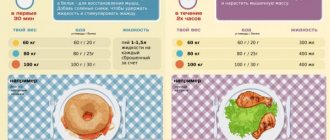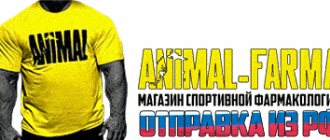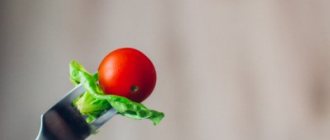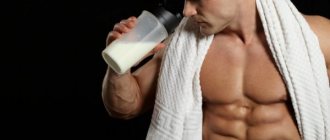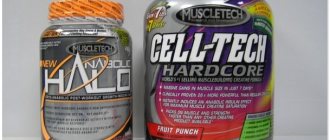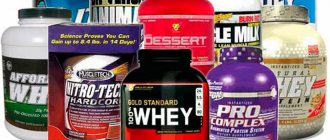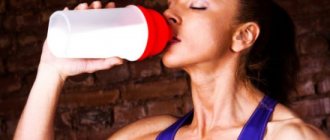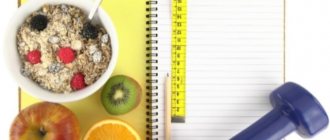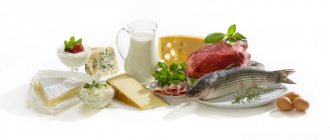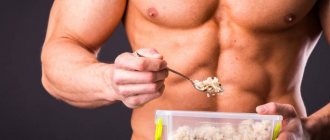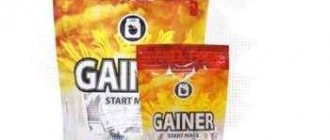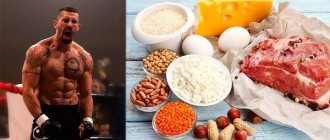If you want to know whether eating protein before or after a workout helps you get more defined muscles, lose weight, or increase strength, then you definitely need to read this article.
Some people say that it is absolutely necessary to eat protein before workouts and cut out carbohydrates to maximize muscle performance and increase strength.
Should you eat protein before or after your workouts?
There is another opinion that what you eat before training does not matter, but what you eat after it is vitally important.
Others still say that none of these "carb windows" matter and you just need to make sure you're eating enough protein overall throughout the day, i.e. hitting a certain daily amount per pound of body weight according to your goals training, losing weight or gaining muscle mass.
Science has also not yet given a clear answer on the issue at hand, because every scientist has research that supposedly supports his own arguments, which may differ from the arguments of other scientists.
And so you are left to think who is right and what to do.
Should you "play it safe" and just eat protein before and after every workout?
Or should you ignore everyone and just eat on the schedule that suits you best?
In this article, we're going to break down the protein you should eat before or after a workout, and we'll start with this:
When it comes to protein intake, getting enough protein every day is the most important thing in gaining muscle and strength quickly.
Everything else related to protein intake - when you eat it, how many servings you eat per day, the size of each serving, etc. - Subject to the general consumption rate.
But this does not mean that other factors do not matter at all.
If you go easy on them, you're missing out on an important part of building muscle naturally:
While 80% of your progress depends on fundamental factors, you can speed up the process by making a number of minor improvements to your diet, training and supplements.
The effect of introducing improvements is individual for each person, and may be insignificant at first, but over time it becomes significant.
Managing your protein intake is one of these small improvements, and it includes eating before and after attending a workout.
You'll soon see that eating protein before and after exercise is not as important as many people claim. But however, this still has its advantages.
Let's start.
When to eat after training?
Your diet should be varied and balanced. After any workout, you should eat no earlier than 20-30 minutes later, but it is not recommended to fast for more than an hour. Physical exercise depletes muscles, so they need to be “fed.”
If you don't eat anything, you can experience muscle wasting and shrinkage, but fat breakdown does not occur. Only when you have worked hard and fed the muscles, then the excess fat in the body is burned.
Basically, what kind of nutrition you should eat after training depends on what time of day you exercise.
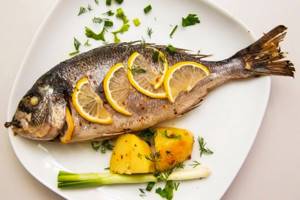
Ratio of proteins, fats and carbohydrates (BJU)
After a workout, few people want to go to the stove, so the question of what you can eat after a workout in the evening without cooking remains relevant for many. But first you should figure out what substances you need to provide your body, as well as what ratio of proteins, fats and carbohydrates should be optimal in this meal. It is optimal to eat only healthy food after physical activity, and it is better to completely avoid all kinds of harmful “snacks”. Fast food, spicy, pickled, smoked, spicy, sweets and baked goods are completely prohibited at this hour. Pay attention to the two main components: proteins and carbohydrates.
The first substances are proteins; any athlete knows that our own muscles are made of them. They are responsible for properly organized metabolism in the body. In addition, they protect cells from potentially dangerous substances, supply them with the necessary oxygen and perform many other useful functions. Therefore, the basis of a late dinner after training is protein. This substance is found in abundance in lean meats, poultry, cottage cheese, Brussels sprouts, eggs and even buckwheat.
The first half of the day
If you plan to do strength training or jogging early in the morning, you should not do it on an empty stomach. You need to have a little snack, for example, eat a teaspoon of honey, a slice of bread or half a banana - this will be enough.
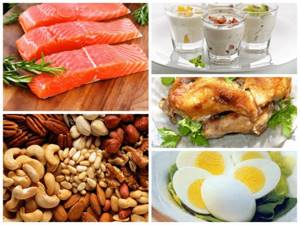
After your workout, be sure to have a hearty breakfast. Proper nutrition means that the day begins with porridge. It can be buckwheat, oatmeal or millet porridge with honey, fruits or vegetables, as you like.
If your workout takes place after breakfast, then at least an hour and a half should pass from the moment you eat. And after training, 30-40 minutes later, you should definitely have a small snack in the form of fruit or a protein product (kefir, eggs), but not too fatty.

Healthy fats are found in sufficient quantities for the body in nuts, dairy and meat products.
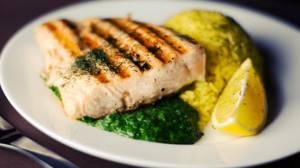
You need to avoid trans fats, which are found in non-natural foods such as sausage, butter, and fast food.
Exercise should take place between snacks and main meals. Distribute your routine:
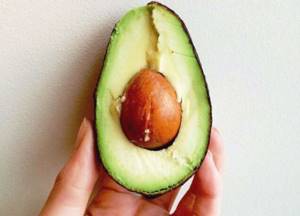
- Breakfast
- Snack
- Dinner
- Snack
- Dinner
- Snack (optional)
Between breakfast and snack or snack and lunch, a minimum of 2, maximum of 3 hours should pass. Then it will be easier for you to plan not only your sports activities, but the whole day in general.
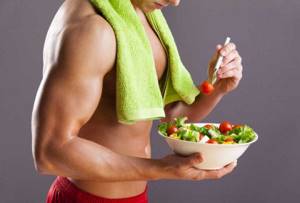
Fats in the diet: should you give them up?
Lipid intake is an important point that must be observed during regular intense training. You shouldn’t give up on them, since fats are simply necessary for effective weight loss. They are part of a considerable number of hormones that promote the burning of fat deposits. In addition, fats included in the human diet make it possible to slow down the production of insulin. It is this component that converts glucose into subcutaneous fat deposits. If you eat foods rich in fat, the volume of your hips, waist or abdomen will gradually decrease.
The human body needs the right fats, which it does not produce. These are Omega-3 and Omega-6. Lean fish fillets, shrimp, mussels and squid are rich in similar components. Add such foods to your diet to ensure that physical activity brings the desired results. Fish can be baked, steamed or boiled.
But avoid fried foods, as they contain high levels of cholesterol. Animal fats are not as healthy, but they are necessary for the absorption of various vitamins. To replenish your supply of ingredients, eat a sandwich with butter in the morning.
Afternoon
Choose a training time that is convenient for you, but make sure that there is a gap of at least 30-40 minutes between meals and training time.
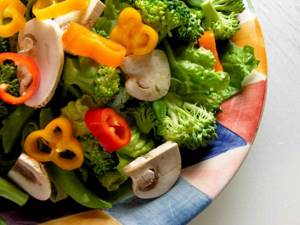
For lunch, give preference to long-cooked side dishes (mostly cereals), lean meat or fish and vegetable salad. For dinner, boiled or baked meat (fish) + vegetable salad are suitable.

Eating after a workout helps restore muscles and burn fat in the body. Even if you train late in the evening, a glass of kefir or low-fat cottage cheese 1-1.5 hours before bedtime will not harm your figure at all, but even vice versa.
The importance of proteins and carbohydrates in a late dinner
During active cardio and strength training, muscle connective tissue ruptures. The athlete receives microtraumas. After some time, the tissues are restored, increasing their volume. The body is transformed and becomes more prominent. Successful muscle regeneration requires protein and carbohydrates.
After training in the evening, a “carbohydrate window” appears, during which you need to eat or drink something containing protein: low-fat meals are preferable before bed. The “carbohydrate window” is a period lasting 2 hours.
All calories that enter the body with food will be spent on restoring expended resources. They do not contribute to an increase in fat deposits: a late dinner will not negatively affect your figure.
What to eat after a workout?
On the day of training, you need to eat well and properly.
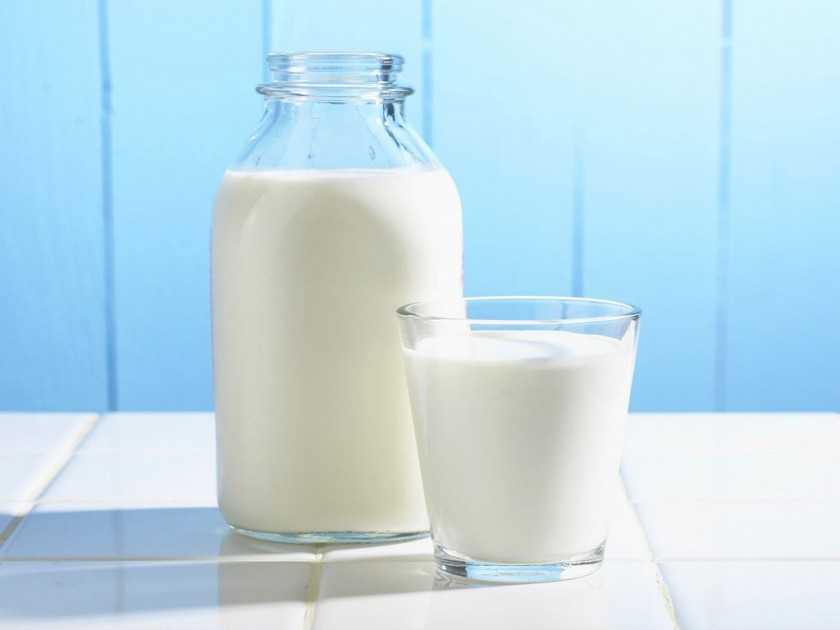
If you are training to lose weight, then 30-40 minutes after training you can eat mainly protein foods, in the first half of the day it can be meat, fish, eggs, and it is better to eat cottage cheese, natural yogurt and kefir in the second half of the day.
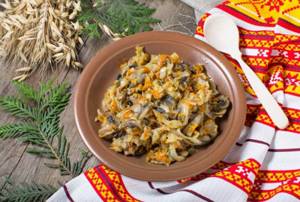
To lose weight you need to eat healthy, balanced and with a slight calorie deficit.
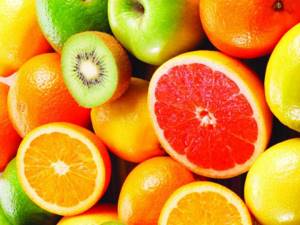
If your physical exercises are aimed at gaining muscle mass, then you can and should eat a carbohydrate-protein snack (if the workout took place after breakfast/lunch/dinner), or a full meal (if the workout took place before breakfast/lunch/dinner) immediately after the workout .
Within 30 minutes after training, the “carbohydrate-protein window” opens, and therefore you need to eat food at this time, then muscle growth is guaranteed.
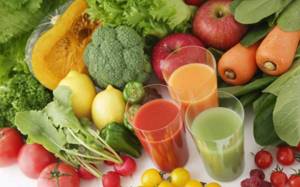
Some people consume protein after a workout. Whether your body needs it is up to you to decide. If you apply the acquired knowledge correctly and are not lazy, then your body will predominantly contain muscle, not fat.
What to eat to lose weight
If the goal of a woman’s training is to lose weight, then to make this procedure more effective, you need to pay attention to the foods that you need to eat before, as well as how long after training you can eat in order to lose weight. While the goal is to shed extra pounds, experts say intense workouts on an empty stomach are a bad idea.
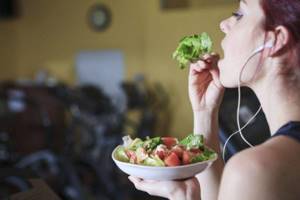
Note! Sport involves additional expenditure of energy from the body. If it is not enough, then it is likely that you will not be able to train for a sufficient amount of time, because you will feel a strong feeling of hunger and the desire to lose weight will disappear.
Therefore, this situation is not ideal for achieving your weight loss goal. It can also wreak havoc on the muscles that use their glycogen stores to stay active. When choosing what to eat after a workout to lose weight, you need to consider what type of physical activity was used, the intensity, as well as your physical characteristics.
Water
Throughout the day, according to most nutritionists, you need to drink 1.5-2 liters of pure, non-carbonated water. This helps eliminate toxins, fills the body with energy and is good for the digestive system.
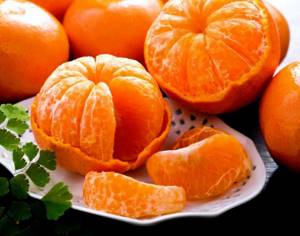
During training, you also need to drink clean water in small sips, 1-2 sips every 5-10 minutes.
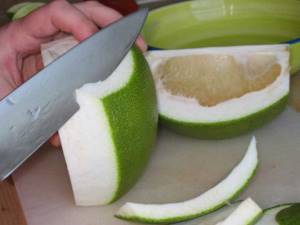
After physical exercise, you are exhausted, you are thirsty, but you should not drink a full glass in one gulp. Water after training is necessary, but first you need to restore your breathing, walk a little, drink 1-2 sips. Only after 30-40 minutes can you drink as much as you need.
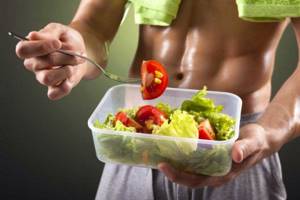
Eat healthy and balanced, drink clean water, exercise and be healthy!
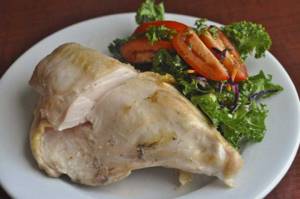
Proteins, fats and carbohydrates: their role in an athlete’s nutrition
Any food product contains greater or lesser amounts of any of the three vital nutrients. These are proteins, fats and carbohydrates. Each of these components plays a specific role in the body:
After digestion, protein breaks down into amino acids. It is a building material for cells throughout the human body. Muscles, organ tissues, blood vessels - all this is built from amino acids. Proteins in the diet affect digestion, respiration, blood clotting. They are also responsible more than other nutrients for muscle contractions and nerve conduction. A deficiency of amino acids and protein leads to muscular dystrophy, weakness, low performance, and increased excitability. Eating after an evening workout requires the presence of protein - this is necessary in order to saturate the muscles with amino acids and prevent the process of catabolism (muscle breakdown) from starting at night.
Fats are a source of energy. With an excess of this nutrient, excess weight begins to accumulate. The layer of subcutaneous fat increases. As a result, the person is diagnosed with obesity. You cannot completely give up fats, but you should strictly regulate their amount in the diet. Foods containing fats are indispensable during heavy physical activity and in cold weather. The quality of the fat also matters. For example, unsaturated fatty acids are essential and enter our body only with food, mainly vegetable oils. You should opt for cold-pressed unrefined olive, flaxseed, sunflower, cottonseed, sesame oil.
Carbohydrates are the main element that supplies the human body with energy. Carbohydrates can be simple - glucose, fructose, galactose; as well as sucrose and lactose. They are absorbed instantly, contribute to a jump in insulin, which is why a person begins to feel hungry and eats more than necessary. As a result, the layer of subcutaneous fat increases and excess weight accumulates. Complex carbohydrates are not so dangerous in terms of obesity - they are starch, fiber, glycogen. Carbohydrates must be present in moderate amounts in an athlete’s diet for normal muscle growth. Complex carbohydrates are also an excellent source of energy. With their deficiency, a person becomes lethargic, incapacitated, and depressed.
Photo recommendations on what to eat after training
Essential Foods for Building Muscle
Your body reacts quickly when you follow a bodybuilding nutrition program, so both pre- and post-workout nutrition is essential to ensure protein synthesis.
Of course, protein and quickly digestible sugars for insulin production should be included in your nutrition program. Additionally, there are a few other ergogenic supplements that you should take a closer look at.
Whey protein
Whey protein is the protein that is separated from curdled milk during cheese production. The best wheys contain limited amounts of fat and lactose.
Whey is quickly absorbed and provides a constant flow of amino acids that quickly enter the blood. This helps build muscle mass and develop strength, reduce body fat and increase the release of hormones.
Creatine
Creatine, derived from meat, increases protein synthesis by pushing water into muscle cells.
Creatine also increases the supply of phosphocreatine in muscle tissue, which is used to produce ATP (energy), making workouts longer and more intense. Research also shows that creatine increases insulin as a growth factor, an anabolic hormone.
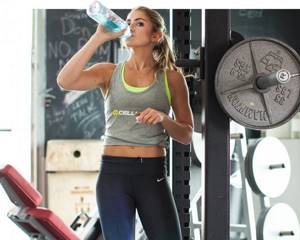
Glutamine
Simple supplements work better than others. Protein, creatine, glutamine, caffeine and even saccharides such as glucose and maltodextrin.
Glutamine, the predominant amino acid in muscle, is found in abundance in the body and in most protein-rich foods. Glutamine is essential for protein synthesis and is often deficient during heavy training.
Glutamine supplementation increases muscle size and affects growth hormone, as well as helping to reduce catabolism.
Caffeine
Caffeine helps mobilize fat cells in the blood and increase muscle growth.
Studies have also shown that caffeine reduces post-workout muscle soreness by 50%.
